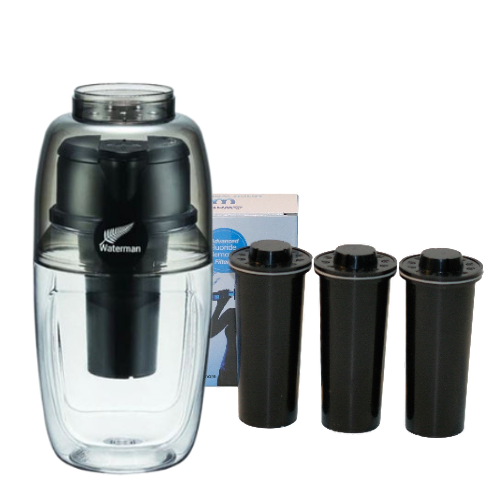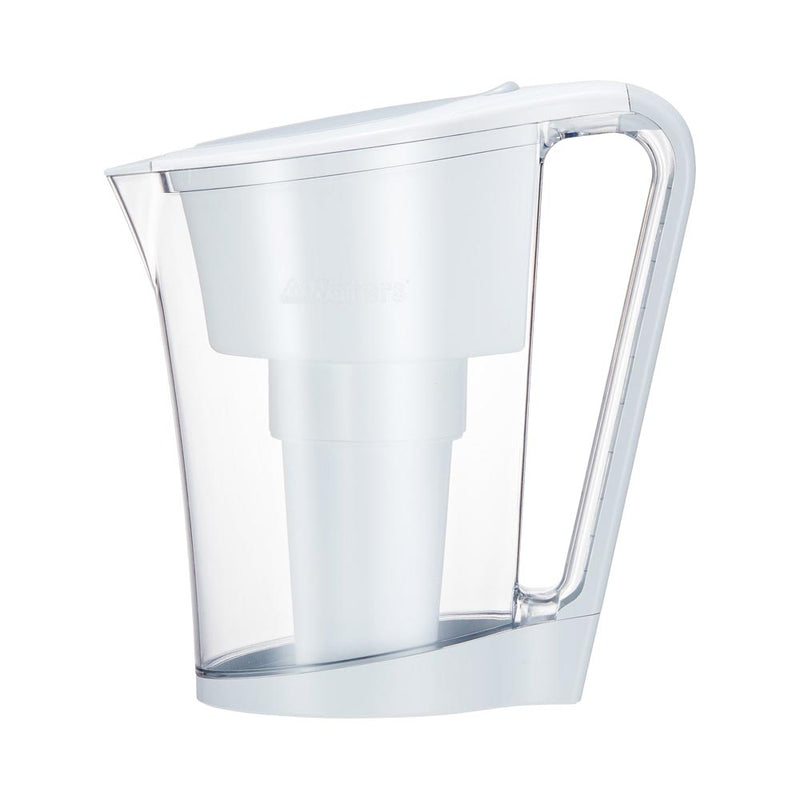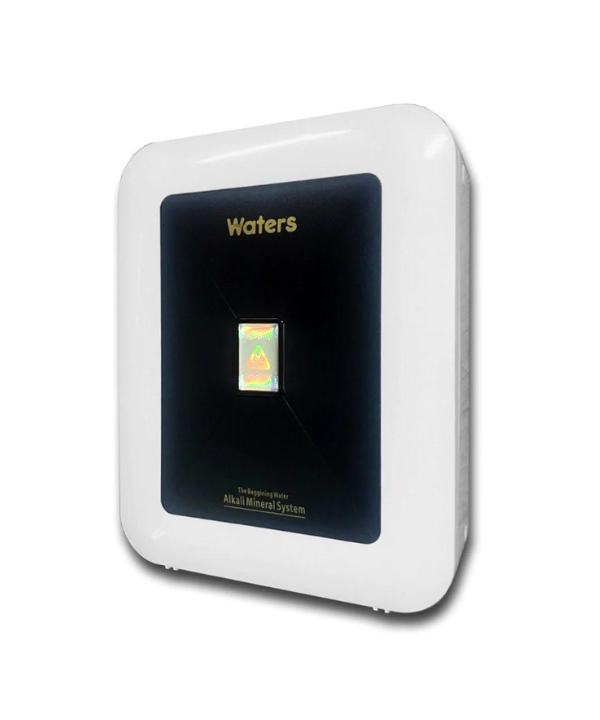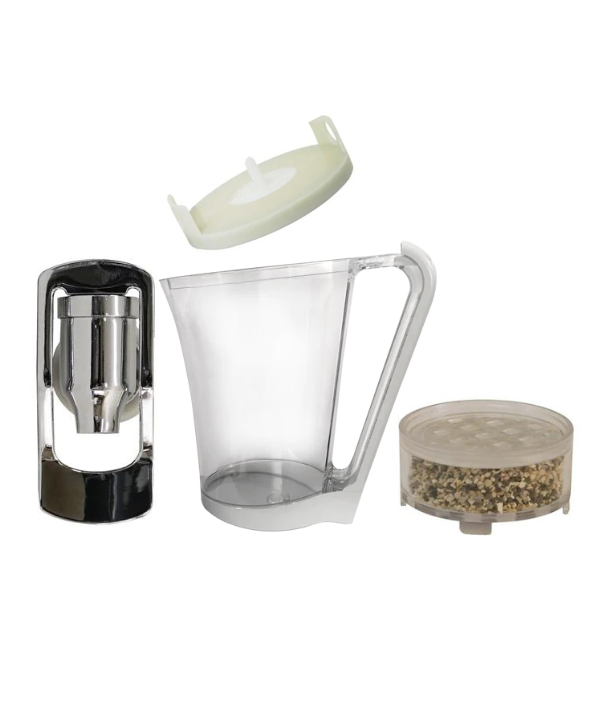Dehydration and the Brain
It’s fairly common knowledge that all animals require water in order to survive. When we take in less water than our bodies need to function, things start to rapidly go wrong. Dehydration is essentially when our bodies’ tank is emptying quicker than we can fill it up. Our bodies lose water through urine, sweat and even just exhaling breath. By the time we actually feel thirsty, our body has already been in a state of dehydration for quite some time. It’s important to recognise other signs of dehydration, not least of which is the effect on our brains.
The average adult body is comprised of approximately 60% water overall. However, the brain actually requires around 75% of water concentration in order to maintain proper cognitive function.
When we don’t take in enough water, this percentage concentration decreases and the brain is unable to maintain an appropriate homeostatic balance in order to continue functioning at an optimum level. Mild levels of dehydration of up to 5% will trigger our thirst mechanism. However, the brain can show signs of dehydration with only a 1% decrease.
When there is less water being made available for the brain, there is a decrease in circulation or blood flow entering the brain. This decreases the amount of oxygen the brain is able to receive and decreases the ability of the brain to remove waste products. The brain will essentially start prioritising its functions in order to conserve resources. Certain functions will be deemed less important for the brain to maintain.
So, what are the most common signs that our brain is suffering from dehydration?
The most common signs include:
- Headaches
- Lack of focus
- Inability to maintain concentration on tasks
- Mental fatigue
- Slower reactions to stimuli
- Short term memory loss
- Long term memory recall
- Sleep disruptions
- Emotional mood alterations, eg. Anger and Depression
How many of these signs do we all experience on a daily basis? These signs are also regularly attributed to things other than dehydration. We can often label the cause of these symptoms, such as poor memory and mood swings, based on our individual personalities, or the influence of external factors such as stress and the actions of others. In actual fact, we should probably be first telling ourselves to go and have a drink of water.
The implications of dehydration on our mental health have a huge impact on our daily lives and our interactions with others. Before we look at reaching for pharmaceuticals to assist with re-establishing our balance, we need to ensure we are giving our bodies, and especially our brain the adequate amount of hydration it actually needs to function.
The longest period we go without water is throughout the night. We expel fluid through our breath as we sleep. Essentially we wake up every morning already in a state of dehydration. One of the first things we should do to start the day is having a large glass of water upon rising. Water should then be regularly taken throughout the day, bearing in mind that we also take in water through eating food. Various factors will indicate the amount of water each individual requires on a daily basis, dependant on sex, weight, weather and levels of activity. (We’ll do another blog article soon, looking into working out how much water we all actually need).
One of the easiest ways to make sure you are drinking enough water through the day is to have it easily on hand. Whether you look at having a glass or drink bottle on your desk at work, a filter water jug in the staff room fridge, a bench top filter sitting on your kitchen bench to remind you every time you walk past it. Getting into the habit of regularly drinking water to stave off dehydration effects will greatly benefit every aspect of your life. When you are properly hydrated you will work more efficiently, think more clearly, engage with others and communicate more effectively.
Check out our amazing range of water filters that can make the battle against dehydration easier to fight.














